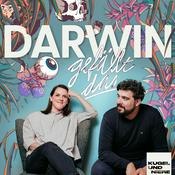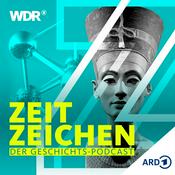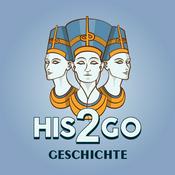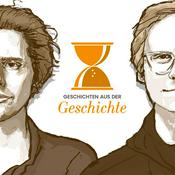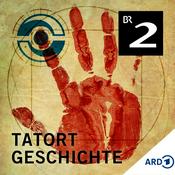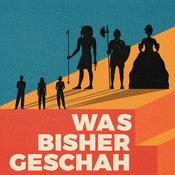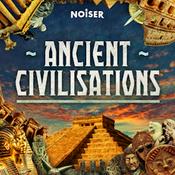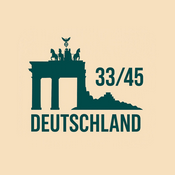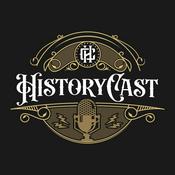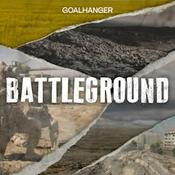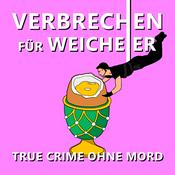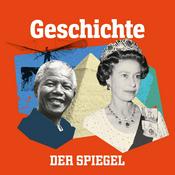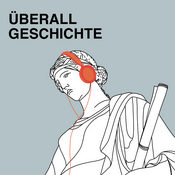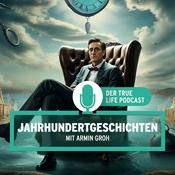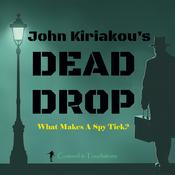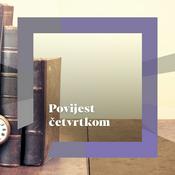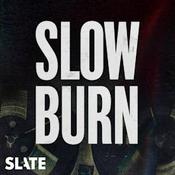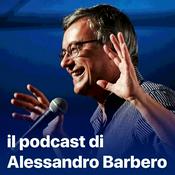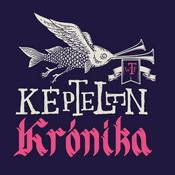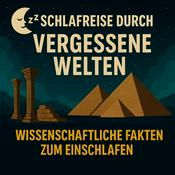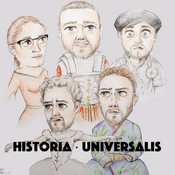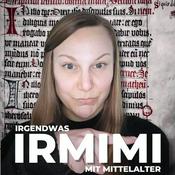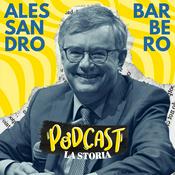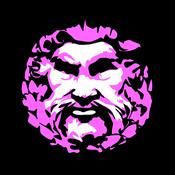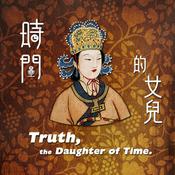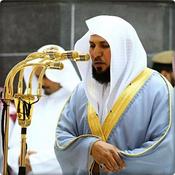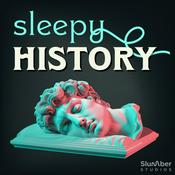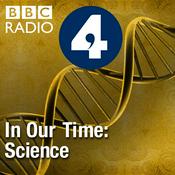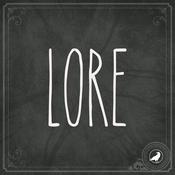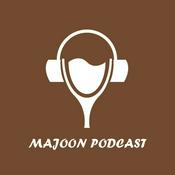75 Episoden
- In this episode of the BlomCast, host Philipp Blom engages with Kerry Brown, a prominent expert on China, to explore the historical and cultural dynamics that have shaped China's relationship with the West. They discuss Brown's personal journey with China, the significance of language and culture, and the historical context of the Opium Wars and the Taiping Rebellion. The conversation delves into the modern implications of China's economic transformation, the clash of values between East and West, and the pragmatic nature of Chinese society. Brown emphasizes the need for the West to reassess its understanding of China and to recognize the complexities of its culture and governance.
Support the show - Der Politologe Daniel Marwecki lehrt in Hong Kong und schreibt über den Westen. Das gibt ihm eine wertvolle Außenperspekive: Wir denken mehr über die Chinesen nach als die über uns, sagt er. Wir sprechen darüber, wie der Westen zu diesem Punkt gekommen ist, vom seinem frühen Erfolgsmodell, Nationalstaat plus industrieller Kapitalismus, bis zu seinen gegenwärtigen Ringen um Orientierung und Möglichkeiten. Aber bleibt dem Westen wirklich nur “würdevolles Abstiegsmanagement” oder gibt es neue Dynamiken? Können westliche Staaten eine neue Idee einer positiven Zukunft entwickeln, oder gehen sie auf ein Jahrhundert der Demütigung zu , wie China im 19. Jahrhundert? Ich hoffe, dieses Gespräch macht Ihnen so viel Spaß, wie es mir gemacht hat, ich habe viel gelernt.
Support the show - Recently, I was honoured to give the Spinoza Lecture in Den Haag, Netherlands, a wonderful opportunity to pay homage to a truly great thinker, as well as for a few reflections on knowledge and how it has been organised throughout history. In the course of my reflections, we meet Spinoza in his house in The Hague, the great scholar and dictionary writer Pierre Bayle, as well as Denis Diderot and his favourite friends and enemies. We follow revolutions in writing and thinking through Bayle’s Dictionnaire historique et critique and Diderot and d’Alembert’s Encycopédie, and their inversion during the nineteenth century, when dictionaries were no longer instruments of intellectual subversion, but empire building. Knowledge and its organisation are always contested. Who gets to chose? To describe? To value? Whose authority? And what about today, about Wikipedia and increasingly about AI engines, the questions we ask them and the ways we trust them? Where does autonomy go?
Support the show - Yes, sometimes history has echos, and sometimes they become almost deafening. What does it take to make as state? It is not just the borders. What makes people into citizens, what gives the whole legitimacy? For the Habsburg empire in its dying days just before the end of World War I these were very urgent questions. Natasha Wheatley has analysed the end of empire and the beginning of the republic of Austria and shows brilliantly why the new state and its laws were both far sighted and deeply flawed. In the course of the discussion we touch on issues from The Voice in Australia to today’s changing world order and the use of collective fictions — and what happens when they break down.
Support the show - In this wide ranging conversation, Georgios and I delve into the history of the concept of the west, as opposed to Christendom or Europe, its two predecessors. When did people start talking about the West and when did it become a thing? And what on earth did they mean by it? Beginning with the ancient Greeks we tried to tease out different ways in which this concept was filled. On the way we encounter an amazing gallery of protagonists, from French philosophers such as Simone Weil and Auguste Comte to John Stuart Mill, Alexis de Tocqueville, and Hannah Ahrendt. Recording this a few days after the new US National Security Strategy, we also ask whether this is the point, at which we can bury this idea, which role cultural elites played in its decline, and what may come after it.
Support the show
Weitere Geschichte Podcasts
Trending Geschichte Podcasts
Über BlomCast
The BlomCast looks at turning points in history, which have always fascinated me. My name is Philipp Blom, I am a historian and broadcaster and author of many books about the Enlightenment, the story of modernity and climate history. The climate catastrophe places us at the greatest historical turning point hin human history. What, if anything, can we learn from moments in the past in which a model of life seemed to change, or had to change, in which whole societies were transformed?If you want to support my work:https://buymeacoffee.com/blomcasthttps://www.buzzsprout.com/2104173/supporthttps://www.youtube.com/channel/UCOowcMCQ_oJtdJeZu3oK6og/joinhttps://www.patreon.com/user?u=75561076&utm_medium=unknown&utm_source=join_link&utm_campaign=creatorshare_creator&utm_content=copyLink
Podcast-WebsiteHöre BlomCast, Darwin gefällt das und viele andere Podcasts aus aller Welt mit der radio.at-App
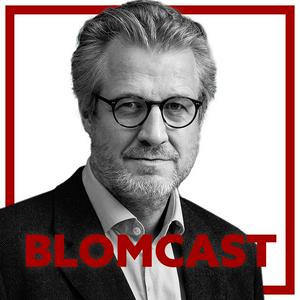
Hol dir die kostenlose radio.at App
- Sender und Podcasts favorisieren
- Streamen via Wifi oder Bluetooth
- Unterstützt Carplay & Android Auto
- viele weitere App Funktionen
Hol dir die kostenlose radio.at App
- Sender und Podcasts favorisieren
- Streamen via Wifi oder Bluetooth
- Unterstützt Carplay & Android Auto
- viele weitere App Funktionen


BlomCast
Code scannen,
App laden,
loshören.
App laden,
loshören.

